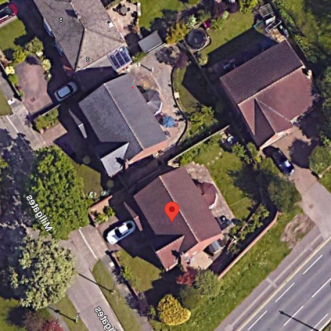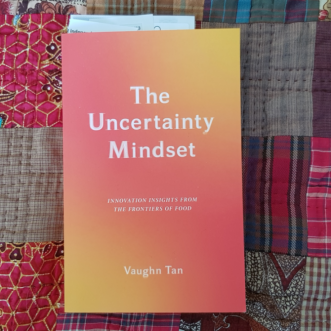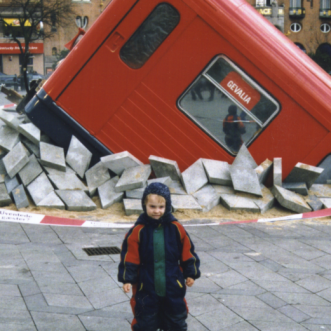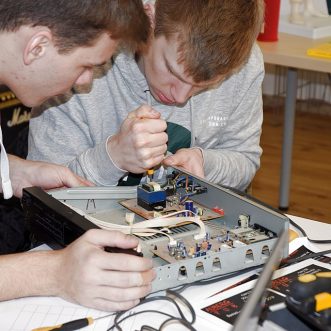
Sellers beware
When my mother sold her architect-designed corner-plot bungalow, the buyers told her they were aiming to set up their son in it. They quibbled over everything, nibbled away at the asking price until in the end, she sold for much less than she’d hoped.
Then they knocked it down and built 3 new executive homes on the plot.
There are many reasons why a trade buyer would want your business.
If you care about what happens to it, to your staff and to your clients after you’ve exited, it’s worth knowing what those reasons could be, because buyers are not necessarily going to tell you:
- They want your client list, but not your staff, offices or name.
- They want your brand, but not the effort that goes into maintaining it.
- They want your market share, to add to theirs, so they look good to potential investors or buyers, but not your staff, or your products and services.
- They want to take you out as a competitor.
- They want your business as part of a portfolio.
- They want to run it themselves as a going concern.
Whatever the reason, they’ll usually want you to stay on as a consultant, and the final price will be dependent on performance during the transition. And all too often that transition destroys value, while you have to watch it happen.
Just as it’s easier to protect the value of your house by making sure it’s in tip-top condition with everything working like clockwork, it’s easier to protect your business’s value if you’ve systemised it. Even easier if you’ve also documented that system in a Customer Experience Score.
Doing so also opens up other exit opportunities:
- Pass it on to family, who already know it runs profitably without you.
- Sell it to your employees, who already know how to run it profitably without you.
- Sell it to one or more of your fans, who already know that your team can run it profitably without you.
- Sell it to a like-minded entrepreneur, who wants to see your legacy carry on.
- License it to any one of the above, on condition that is run the way you’ve designed it to run, in return for a percentage of the profits.
Build your unique promise of value into the way your business works before you sell, that way you’ll get to realise it all and leave a legacy other will recognise as yours.
Discipline makes Daring possible.









